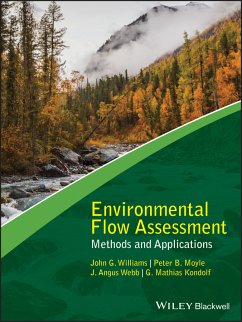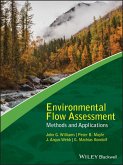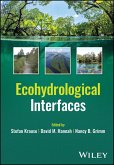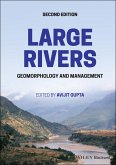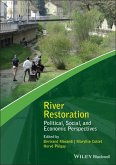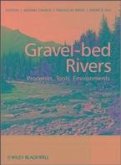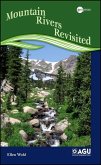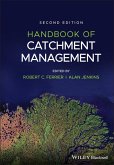Provides critiques of current practices for environmental flow assessment and shows how they can be improved, using case studies. In Environmental Flow Assessment: Methods and Applications, four leading experts critique methods used to manage flows in regulated streams and rivers to balance environmental (instream) and out-of-stream uses of water. Intended for managers as well as practitioners, the book dissects the shortcomings of commonly used approaches, and offers practical advice for selecting and implementing better ones. The authors argue that methods for environmental flow assessment (EFA) can be defensible as well as practicable only if they squarely address uncertainty, and provide guidance for doing so. Introductory chapters describe the scientific and social reasons that EFA is hard, and provide a brief history. Because management of regulated streams starts with understanding freshwater ecosystems, Environmental Flow Assessment: Methods and Applications includes chapters on flow and organisms in streams. The following chapters assess standard and emerging methods, how they should be tested, and how they should (or should not) be applied. The book concludes with practical recommendations for implementing environmental flow assessment. * Describes historical and recent trends in environmental flow assessment * Directly addresses practical difficulties with applying a scientifically informed approach in contentious circumstances * Serves as an effective introduction to the relevant literature, with many references to articles in related scientific fields * Pays close attention to statistical issues such as sampling, estimation of statistical uncertainty, and model selection * Includes recommendations for methods and approaches * Examines how methods have been tested in the past and shows how they should be tested today and in the future Environmental Flow Assessment: Methods and Applications is an excellent book for biologists and specialists in allied fields such as engineering, ecology, fluvial geomorphology, environmental planning, landscape architecture, along with river managers and decision makers.
Dieser Download kann aus rechtlichen Gründen nur mit Rechnungsadresse in A, B, BG, CY, CZ, D, DK, EW, E, FIN, F, GR, HR, H, IRL, I, LT, L, LR, M, NL, PL, P, R, S, SLO, SK ausgeliefert werden.

